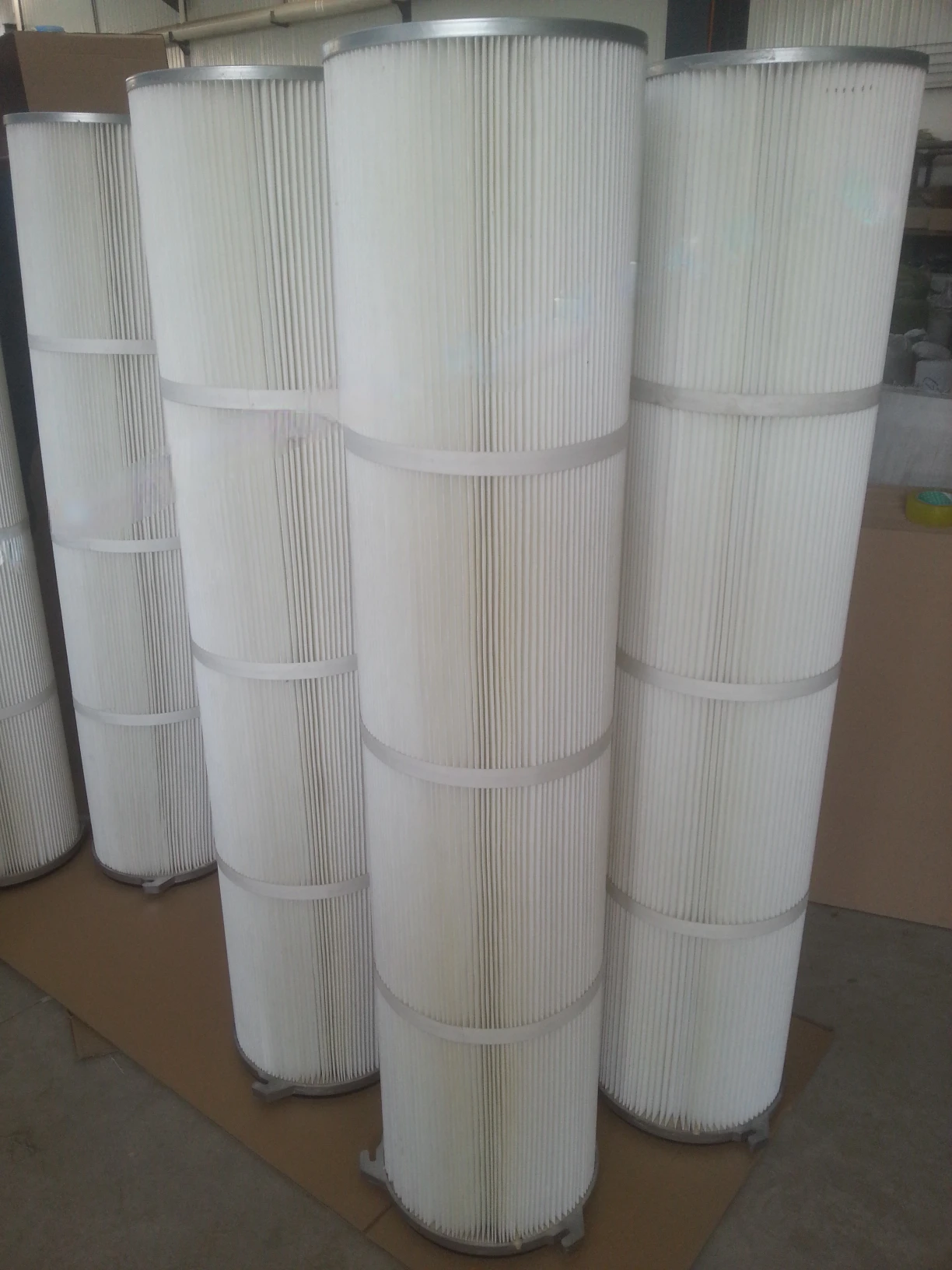 Tel:
+8615930870079
Tel:
+8615930870079
Out . 17, 2024 00:31 Back to list
Effective Cartridge Dust Collector Filters for Optimal Air Quality Management
The Importance of Cartridge Dust Collector Filters in Industrial Settings
In the realm of industrial manufacturing and processing, maintaining a safe and clean working environment is paramount. Dust and particulate matter can pose significant health risks to workers, compromise product quality, and lead to equipment contamination. This is where cartridge dust collector filters come into play, serving as a critical component in the management of airborne contaminants.
What are Cartridge Dust Collector Filters?
Cartridge dust collector filters are specialized filtration devices designed to capture and remove dust particles from the air in industrial facilities. These filters are typically cylindrical in shape and contain porous media that allow clean air to pass through while trapping dust and debris. The construction of cartridge filters often features materials such as polyester, polypropylene, or cellulosic fibers, which enhance durability and filtration efficiency.
How Do They Work?
The operation of cartridge dust collector filters is based on a simple principle of airflow and pressure. As contaminated air is drawn into the dust collector system, it passes through the filter cartridges. The porous material captures particulate matter, while clean air is expelled back into the environment. Over time, however, the filters can become saturated with dust, resulting in an increase in resistance and a decrease in air quality. Therefore, regular maintenance and timely replacement of these filters are essential to ensure optimal performance.
Benefits of Using Cartridge Dust Collector Filters
1. Enhanced Air Quality The primary function of cartridge dust collector filters is to improve indoor air quality. By effectively capturing dust and particulates, they protect workers from respiratory problems and other health issues associated with poor air quality.
2. Operational Efficiency Keeping the air clean not only benefits workers but also enhances the overall efficiency of production processes. Clean air is critical for ensuring product quality, especially in industries such as pharmaceuticals, food processing, and electronics manufacturing, where contamination can lead to defective products.
3. Cost-Effectiveness Investing in high-quality cartridge dust collector filters can be economical in the long run. By reducing dust accumulation on machinery and equipment, facilities can decrease maintenance costs and extend the lifespan of their equipment.
cartridge dust collector filter

4. Compliance with Regulatory Standards Many industries are subject to strict environmental regulations regarding air quality. Implementing effective dust collection systems with cartridge filters can help organizations meet these regulations and avoid costly fines.
Selection Considerations
Choosing the right cartridge dust collector filter is crucial for maximizing its effectiveness. Factors to consider include
- Dust Type The nature of the dust being collected (e.g., wood dust, metal particles, or chemical dust) will influence the selection of filter media and design. - Airflow Requirements The volume of air that needs filtration will affect the size and number of cartridge filters required in a system. - Operating Environment Conditions such as temperature, humidity, and the presence of corrosive materials can dictate the choice of filter materials and protective coatings. - Maintenance Needs Different filter designs have varying maintenance requirements, making it essential to consider the ease of filter replacement and cleaning.
Maintenance and Care
To ensure the longevity and efficiency of cartridge dust collector filters, routine maintenance must be performed. This includes
- Regular Inspections Frequent checks for visible wear, tears, or saturation can prevent unexpected breakdowns and air quality issues. - Cleaning Depending on the application, periodic cleaning of the filters can help maintain airflow and reduce the frequency of replacements. Methods such as pulse jet cleaning or manual cleaning can be effective. - Replacement Schedule Establishing a regular replacement schedule based on manufacturer recommendations and the operational environment will help ensure filters are always performing at their best.
Conclusion
In conclusion, cartridge dust collector filters are indispensable in modern industrial settings. They serve not only to protect worker health but also to enhance product quality and operational efficiency. By understanding their importance, functions, and maintenance needs, industries can create safer and more productive environments, ultimately leading to better business outcomes and compliance with environmental regulations. Investing in the right filtration solutions is a commitment to health, safety, and efficiency in the workplace.
-
Types and Applications of Air Filtration CartridgesNewsJul.28,2025
-
The Role of Gas Turbine FiltersNewsJul.28,2025
-
Mastering Air Filter Cartridge UseNewsJul.28,2025
-
Advanced Turbine Filters for Modern Gas TurbinesNewsJul.28,2025
-
Cellulose Air Filter Cartridge Advantages in Dust FiltrationNewsJul.28,2025
-
Cellulose Filters for Air Particle ReductionNewsJul.28,2025

 Email:
Email:





